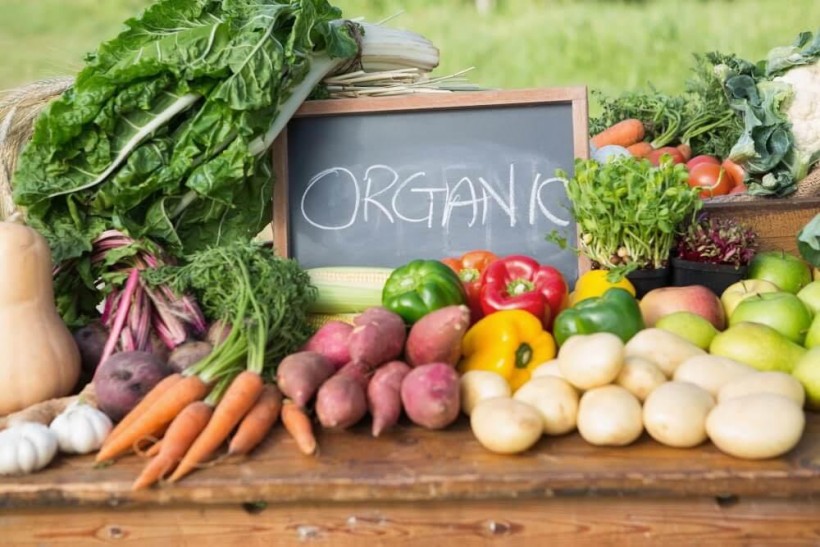
The world is currently seeing a rise in demand of products that support sustainability, conscious living, and social responsibility. More 'organically acceptable' agricultural practices are gaining momentum, and even though they appear to be more expensive than chemically treated foods, farm-to-table foods are deemed to be healthier. Farm to table implies that the food available was sourced directly from a specific farm, without going through distributors along the way.
Produce that complies with the standards of organic farming is labelled as organic food. Although the standards vary worldwide, organic farming practices include cycling resources, promoting ecological balance and protecting biodiversity. Moreover, the crops are grown under a natural system of agriculture without the use of any harmful fertilizers or chemical pesticides. Here are some of 2020's top organic trends in farm to table food.

- Plant-based products
Owing to the growing health consciousness trend in recent times, consumers across the globe are adopting plant-based and vegan products. Fruits, vegetables, legumes, grains, nuts, and seeds are generally classified as plant-based foods. Some of the most popular foods in this category are whole grains, oats, avocadoes, dried fruits and nuts like organic dates, almonds, hazelnuts, and plant derived ingredients like olive oil and chia seeds.
- Sugar and syrup substitutes
Sugar and its usual syrup substitutes like stevia, honey, and maple syrup are experiencing a gradual decline in demand for the last few years. In the year 2020, date dhibs and syrups derived from monk fruit, pomegranate and coconut may become a common household phenomenon. Also syrup made from starches like sorghum and sweet potato will be utilised instead of processed sugars.
- Non-alcoholic beverages
Owing to the 'sober curious' movement, millennials are yearning to have a more curated lifestyle. Market research reflects growing traction for low or no-alcohol beverages. Buyers prefer balanced beverages; hence companies are offering novel non-alcoholic beverages. Bateel, UAE's gourmet dates giant, has gone so far as to offer a sparkling version of fruit juices blended with apples that contain flavours such as dates and pomegranates.
- Brain boosting foods
The foods we eat play a vital role in keeping the brain healthy and can improve certain mental functions, such as attention and memory. With the resurgence of organic foods, the concept of integrated health has become mainstream. Hence, in 2020 people will be more inclined to eat guilt-free foods that offer brain-boosting properties. Organic dates, dark chocolate, nuts and seeds pack essential minerals and compounds that may help improve brain health.
- Regenerative farming practices
Agricultural activities that regenerate depleted soil, enhance biodiversity and increase carbon capture create sustainable environmental benefits in the long run. More and more producers are embracing this approach as it drives positive impact for the planet. Big names in the food industry are utilising the best farming practices that are kept close to nature as possible. 2020 will see an upsurge in the demand of produce grown organically that follow the farm to table approach.
- Environment-friendly packaging
Consumers value items with reduced packaging and it is driving brands towards responsible and sustainable product creation and packaging. Ethically sourced products have a clear effect on reducing environmental abuse. If the packaging is environment-friendly or recyclable, consumers view it as a valid option.
At the core of it, it is the health factor that is winning the battle against otherwise modified consumables and making the concept of farm-to-table more accepted and highly celebrated worldwide.
* This is a contributed article and this content does not necessarily represent the views of foodworldnews.com









